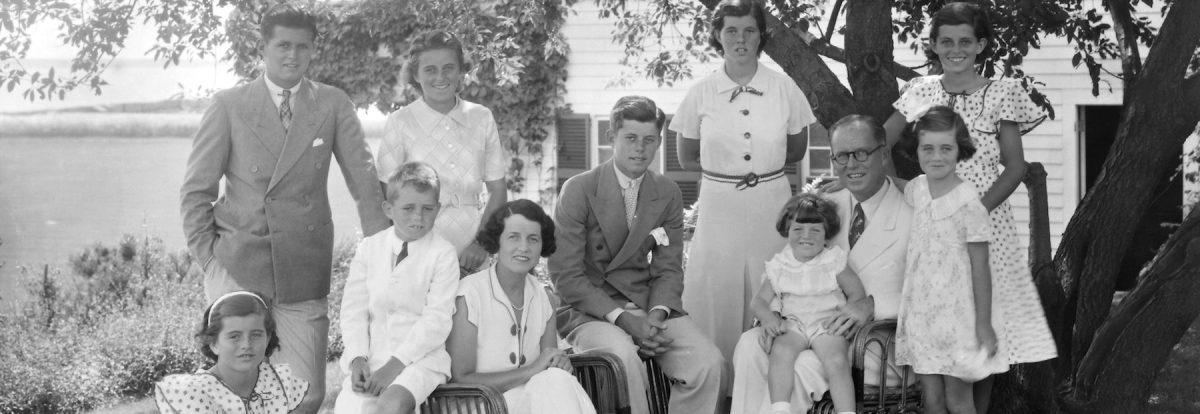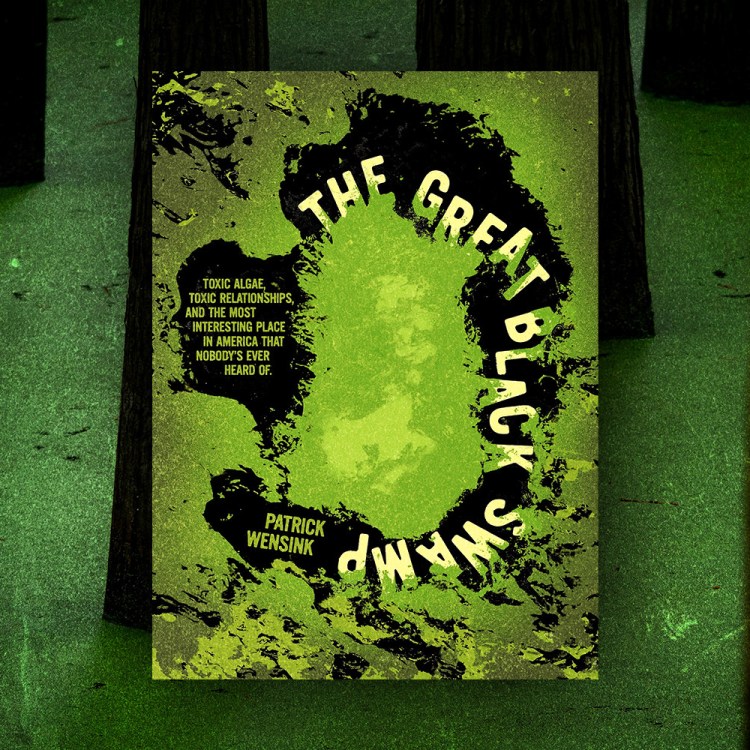On May 29, 1917, John Fitzgerald Kennedy was born. The then-president died in 1963, a promised political legacy cut short by an assassin’s bullet at the age of just 46.
His family, however, continued to serve. Brothers Robert and Edward both became U.S. Senators and ran for president themselves. (The former suffering the same tragic fate in 1968.) The next generation of Kennedys also reached Washington, as did the generation after them. (Both Robert’s son Joseph P. Kennedy II, and Joseph’s son Joe Kennedy III, became congressmen.) Caroline Kennedy, JFK’s last surviving child after the 1999 plane crash that claimed her brother, has reportedly considered a Senate or congressional run in New York.
Unsurprisingly, discussions of the Kennedys invariably include the word “dynasty.”
But that’s a word that may be best left to the history books.
Last year’s presidential election was originally billed as a showdown between two modern dynasties: the Bushes and the Clintons. Jeb Bush would represent the Republicans, while Hillary Clinton would be the standard bearer for the Democrats. Whoever won under that scenario, those two families would have occupied the White House for 24 of the last 32 years by 2020.
Then Donald Trump derailed that storyline. Jeb in particular was humiliated, having raised a total of $159 million yet winning only three delegates. (Yes, that is $53 million per delegate.)
Coupled with Clinton struggling against Bernie Sanders and ultimately losing — whatever role the Russians and then-FBI Director James Comey played in the election — those famous last names seem to have alienated as many voters as they attracted. Which leads to the question: Is it still possible today to have a political dynasty like the Kennedys (and the Adams family and the Roosevelts before them)?
“I’m not so sure that there are such things as dynasties in this political day and age,” Jim Manley, who spent roughly a dozen years as Ted Kennedy’s press secretary, told RealClearLife. “People are so cynical about politics, anyone who runs has got to earn it. Can’t just coast on their name now, like what may have happened at certain points in the past.”
“Dynasty” is, of course, a loaded term, since it implies hereditary rulers — leaders who are inevitable regardless of what voters want, which is an excellent way to alienate voters.
“My feeling is this country is inherently unfriendly to the notion of political dynasties,” adds Curtis Wilkie, co-author of the acclaimed new book, The Road to Camelot: Inside JFK’s Five-Year Campaign. “The Brits, I don’t know why, just love their monarchy. To me, it’s the antithesis of our own politics.”
Political families who have found continual success in America are very, very careful to avoid seeming as if they believe elections are their birthright. That was particularly true of Ted Kennedy, who held his Senate seat from 1962 all the way to his death in 2009.
“He was the hardest working man I’ve ever seen,” declares Manley. “He devoured briefing books like there was no tomorrow.” While acknowledging Kennedy’s struggles with “personal problems,” Manley says Ted always “showed up every day ready to go,” worked his staff “very, very hard: I lost a few grey hairs working for the guy,” and above all was focused on moving forward and not reveling in the past.
(Wilkie also says of Ted: “He worked like hell. All of those brothers did.”)
While there were many low points during Jeb’s presidential campaign, the lowest was likely when he declared, “I’ve got a lot of really cool things I could do other than sit around being miserable, listening to people demonize me and me feeling compelled to demonize them.” It seemed to embody the stereotype of the member of a political family who expects a job to be given to them, rather than earning it. (Trump famously seized upon this apparent lack of motivation, dubbing Jeb “low energy.”)
Hillary also struggled on the campaign trail. Wilkie spent decades covering campaigns for The Boston Globe, getting to know her and Bill Clinton during Bill’s successful runs in the 1992 and 1996 presidential elections: “He was a hell of a politician.” Wilkie recalls Hillary as “smart as hell” and “much more charming than came across [in public]” while noting that 2016 saw her run a “fairly s—– campaign as detailed in [the book] Shattered.”
Quite simply, political savvy isn’t a gift that automatically transfers from generation to generation, or to one’s own spouse.
It’s worth remembering that political families are still families, with all the complexities that entails. For instance, in 1994 George W. ran for governor of Texas and Jeb ran for governor of Florida. To an outsider, it certainly seemed like a Bush family master plan to take over two of the nation’s most populous states.
That wasn’t what Wilkie discovered when dealing with the siblings: “It’s funny: there was clearly a rivalry between these brothers. Jeb was kind of picking my brain: ‘What’s George saying?’ I felt that he was very confident he was going to win and George W. was going to lose.” (This was, of course, the exact opposite of what occurred.)
Wilkie found in his research for Camelot that the Kennedy brothers were close, but that might have been partly because Jack and Bobby were united against dad: “He and his brother disregarded virtually every recommendation the old man had for them. They were happy to use his money, but as for his political wisdom, they did the opposite of what he was saying they needed to do.”
Quite simply, it’s difficult to produce offspring who are willing, able, and genuinely capable generation after generation. Manley recalls that Ted Kennedy always told his family of the value of public service: “He never forced it on anyone, but he encouraged it for those wanting to do so, believing that it was a noble calling.” He also tried to set an example through his work ethic, which Manley believed was picked up by the younger members of the family. (Manley then joked, “Except for the ones who were blotted out with drugs. Which were a lot of them, by the way.”)
Wilkie feels the true political dynasties in America might not be a matter of “family” but just when “similar kinds of politicians” come together. In short, lineage is nothing compared to a smooth-running political organization: “That machine in Chicago, it wasn’t a human but it was something of a political dynasty since they could determine who would be elected what.” (Chicago, of course, saw Richard J. Daley serve as mayor from 1955-1976… and his son break his record by serving from 1989-2011.)
Even so, politics will always be in many ways a family business. When a candidate’s just starting out and lacks the resources to assemble a professional staff, it’s only natural they depend on loved ones.
While Trump has defied tradition in many ways, he is reliant on family, notably daughter Ivanka and son-in-law Jared Kushner. Indeed, Donald Trump Jr. has even flirted with running for governor of New York. He has decided against it for the moment but suggests it could happen, musing: “It’s not something I’m doing now. But you never know, it’s fascinating stuff.”
This article appeared in an InsideHook newsletter. Sign up for free to get more on travel, wellness, style, drinking, and culture.

























